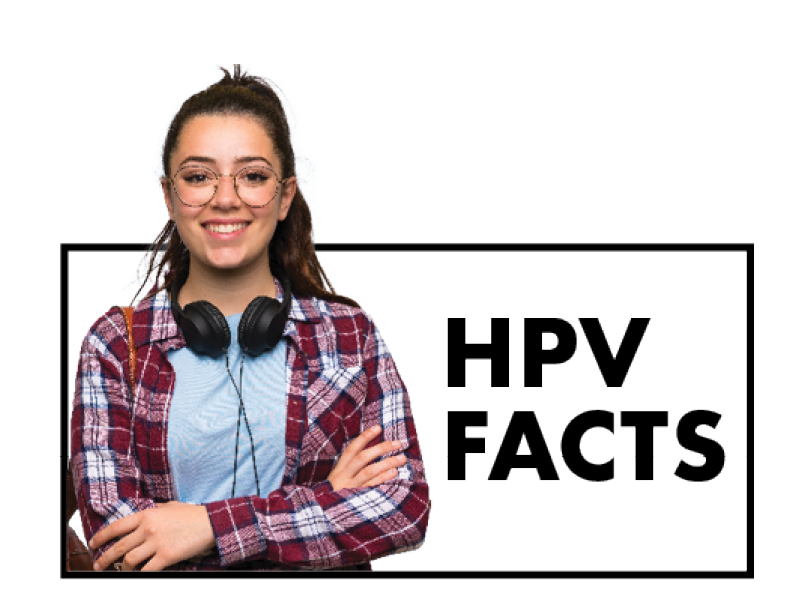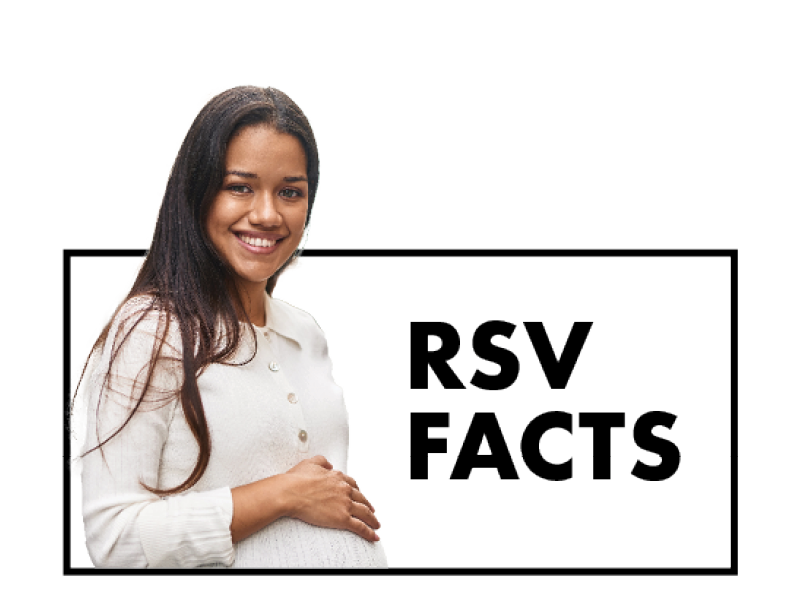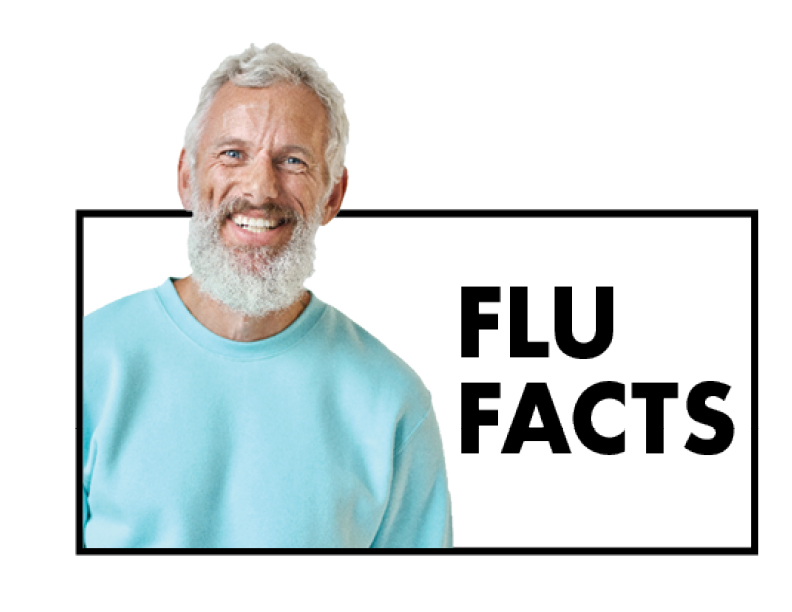

HPV vaccine is almost 20 years old.
The HPV vaccine is older than the iPhone! It was introduced in the U.S. in 2006. Since then, hundreds of millions of doses of HPV vaccine have been administered worldwide. HPV immunization can prevent more than 90% of HPV cancers when given at the recommended ages to both males and females.
HPV Vaccination and Cancer Prevention | ACS | American Cancer Society
HPV vaccination protects fertility by preventing cancers.
Claims of HPV vaccine-induced infertility are not backed by research or clinical trials. A recent study of over 200,000 women found no association between the HPV vaccine and premature ovarian failure.1 In fact, because it prevents cervical cancer, the HPV vaccine can actually help protect a woman’s fertility by preventing gynecological problems related to cervical cancer treatment that may leave a woman unable to have children. It’s also possible that treatment for cervical pre-cancer could put a woman at risk for problems with her cervix, which could cause preterm delivery or other complications.
Naleway, A. L., Mittendorf, K. F., Irving, S. A., Henninger, M. L., Crane, B., Smith, N., ... & Gee, J. (2018). Primary ovarian insufficiency and adolescent vaccination. Pediatrics, 142(3), e20180943.
HPV vaccine isn't just for females.
Both females and males are recommended to receive the HPV vaccine starting at age nine. It is true that males can’t get cervical cancer, which is prevented by HPV vaccination, but males can get other types of HPV cancers. HPV causes penile, anal, throat, tongue and tonsil cancers. About four out of every 10 cases of HPV-related cancer are in males. Currently there is no screening for these cancers in men, and no treatment for HPV once the virus is contracted. This makes HPV prevention with the vaccine even more essential.
HPV Vaccine for Boys: Cancer Protection for the Future (nationwidechildrens.org)

Vaccines are still needed in the U.S.; they help ensure vaccine-preventable diseases are rare in the U.S.
High vaccination rates are why these diseases are uncommon in the U.S. Vaccines prevent outbreaks and protect against serious diseases, like measles and polio that are just a plane ride away. Staying up-to-date with your vaccines is crucial for both individual and public health.
Vaccines are still needed even if you breastfeed your baby.
Breastfeeding has many health benefits for you and your baby and is recommended, when possible. When a baby is breastfed, he/she gets antibodies from his/her mother’s milk; however, these antibodies only last a few weeks or months. When a baby is vaccinated, his/her own immune system responds; therefore, immunologic memory is created, which is much longer lasting.
Types of Immunity | Children's Hospital of Philadelphia (chop.edu)
Vaccines are tested and monitored for safety.
While no vaccine or medication is 100% safe, vaccines are safer than the diseases that they prevent. Because vaccines are given to millions of healthy people each year, they are held to a very high standard and are continuously monitored for safety. The U.S. has one of the most advanced systems in the world for assessing vaccine safety. This includes using state-of-the-art technologies and systems working together. Each of the systems supplies a different type of data for researchers to analyze. Together, they help provide a comprehensive picture of vaccine safety in the U.S.
Are Vaccines Safe? - Vaccinate Your Family
Vaccine Safety (VAERS) and VAERS | Health and Human Services North Dakota
Numerous studies show vaccines don't cause autism spectrum disorders.
The research shows that vaccines do not cause autism. It is possible that the timing of an autism diagnosis might coincide with the recommended vaccine schedule for children and adolescents. But scientists have conducted extensive research over the last two decades exploring whether there is a link between childhood vaccinations and autism. The results of this research is clear: vaccines do not cause autism. Additionally, vaccination can protect children from many preventable diseases like measles.
Children today get more vaccines, which is a good thing!
It might be concerning to see your baby getting four or five shots at once, but know that scientists study vaccines thoroughly. They are given at what scientific research has found to be the best times to protect children from serious diseases. These diseases can cause serious complications, like heart disease, hearing loss and liver damage. They can even lead to death. One of the most important ways parents protect their child's health is by keeping them up-to-date on immunizations. Compared with how many viruses and bacteria children are exposed to every day, vaccines challenge the immune system in a minor way.
Infant immune systems are stronger than you might think. Even if all 14 scheduled vaccines were given at once, it would only use up slightly more than 0.1% of a baby’s immune capacity. And scientists believe the immune system could never truly be overwhelmed because the cells in the system are constantly being replenished. In reality, babies are exposed to countless bacteria and viruses every day, and immunizations are negligible in comparison.
Multiple Vaccinations at One Time - HealthyChildren.org
https://www.chop.edu/sites/default/files/vaccine-education-center-too-many-vaccines.pdf
Vaccines contain ingredients that allow the product to be safely administered.
Any substance can be harmful in significantly high doses - even water. Vaccines contain ingredients at a dose that is even lower than the dose we are naturally exposed to in our environment. Thimerosal, a mercury-containing compound, is a widely-used preservative for vaccines that are manufactured in multi-dose vials. We are naturally exposed to mercury in milk, seafood, and contact lens solutions. There is no evidence to suggest that the amount of thimerosal used in vaccines poses a health risk. Because many vaccines are now produced in single-dose vials, this has greatly decreased the use of thimerosal in vaccine production. Formaldehyde, another vaccine ingredient, is in automobile exhaust, household products and furnishings, such as carpets, upholstery, cosmetics, paint and felt-tip markers, and in health products, such as antihistamines, cough drops and mouthwash. The dose in vaccines is much lower than the amount we are exposed to in our daily life. Another example of an ingredient in vaccines is aluminum, which is added to boost and build stronger immunity. Not all vaccines contain aluminum, but those that do typically contain aluminum in amounts that are much lower than what the average person consumes in a day from foods, drinking water and medicines.
Pregnant women should get vaccines to protect themselves and their babies.
Vaccines are recommended during pregnancy to protect against serious illnesses. The most common vaccines given in pregnancy include the flu, Tdap, COVID-19, and RSV (respiratory syncytial virus). These vaccines can keep you healthy and help protect your baby after birth.
Research shows that vaccines do not cause pregnancy problems, birth defects, or autism in children. Vaccines have been used for many years in millions of pregnancies.
Mayo covid myth busting

RSV (respiratory syncytial virus) can cause severe illnesss in children.
Roughly 80% of children younger than age 2 years who are hospitalized with RSV do not have risk factors. Two to three out of every 100 infants under 6 months of age are hospitalized with RSV every year. Those who are hospitalized may require oxygen, IV fluids (if they aren't eating and drinking), and mechanical ventilation (a machine to help with breathing).
RSV can be severe in adults.
For older adults, RSV can be severe. Each year in the U.S., RSV is estimated to cause 100,000-160,000 hospitalizations in adults age 60 years and older. An RSV vaccine is recommended for all adults ages 75 and older and high risk adults ages 60 – 74.

The flu can be very serious.
The flu causes hundreds of thousands of people to be hospitalized each year and can be deadly, especially for young children and older adults. Flu vaccines protects our more vulnerable family members. To protect yourself and others, talk to your health care provider about a flu vaccination and wash your hands, cover your coughs and sneezes, clean surfaces, and stay home when you are sick this flu season.
Flu (Influenza) NFID
Flu vaccines aren't perfect, but they work.
Flu vaccines are effective. While they may not be perfect and prevent every case, flu vaccines make the flu less severe, prevent complications and contain the spread of flu. It’s still one of the best ways to protect yourself and others.
Flu shot: Your best bet for avoiding influenza - Mayo Clinic
The flu vaccine can't give you the flu.
Flu vaccines contain inactivated virus or pieces of the virus, so they can’t cause the flu. It’s common to have mild side effects like a sore arm or low-grade fever, but that’s just your body building protection, not the flu.
Flu shot: Your best bet for avoiding influenza - Mayo Clinic
